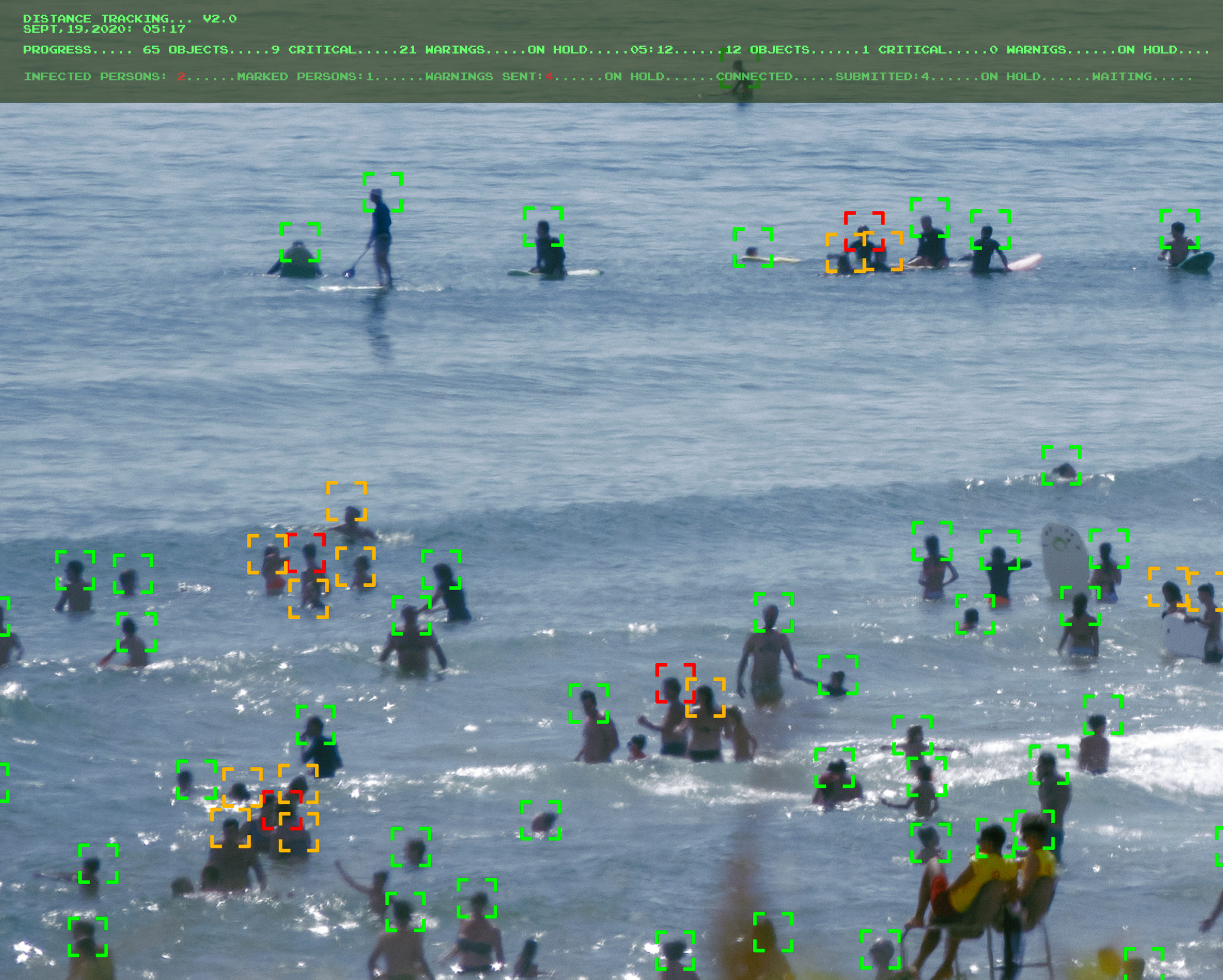Tech giant Google has been hit with $60 million in penalties by Australia’s Federal Court for for making misleading representations to consumers about the collection and use of their personal location data on Android phones.
The fine resulted from legal action by consumer watchdog the ACCC, which took Google to court in October 2019 over the use of location data collected through Android mobile devices between January 2017 and December 2018, in a world-first enforcement action.
In April last year, the court found that Google and and its local subsidiary, Google Australia, misled consumers about its use of personal location data, breaching Australian Consumer Law, in a landmark legal decision.
The case revolved around a setting titled “Location History”.
Justice Tom Thawley considered three possible scenarios in terms how how consumers interacted with Google in terms of controlling their Google Account settings and location data and concluded that while Google’s conduct would not have misled all reasonable users in the classes identified.
“Google’s conduct misled or was likely to mislead some reasonable users within the particular classes identified. The number or proportion of reasonable users who were misled, or were likely to have been misled, does not matter for the purposes of establishing contraventions,” his judgment said.
The Court ruled that when consumers created a new Google Account during the initial set-up process of their Android device, Google misrepresented that the ‘Location History’ setting was the only Google Account setting that affected whether Google collected, kept or used personally identifiable data about their location.
In fact, another Google Account setting titled ‘Web & App Activity’ also enabled Google to collect, store and use personally identifiable location data when it was turned on, and that setting was turned on by default.
ACCC Chair Gina Cass-Gottlieb said the size of the penalty sends a strong message to digital platforms and other businesses to not mislead consumers about how their data is being collected and used.
“Google, one of the world’s largest companies, was able to keep the location data collected through the “Web & App Activity” setting and that retained data could be used by Google to target ads to some consumers, even if those consumers had the “Location History” setting turned off,” she said.
“Personal location data is sensitive and important to some consumers, and some of the users who saw the representations may have made different choices about the collection, storage and use of their location data if the misleading representations had not been made by Google.”
The ACCC estimated that around 1.3 million Google accounts in Australia may have viewed a screen found by the Court to have breached the Australian Consumer Law.
Google took remedial steps to address the issue in 2018.
Cass-Gottlieb said the case was the first public enforcement outcome in the wake of the ACCC’s Digital Platforms Inquiry.
The ACCC and Google jointly submitted to the Court that a penalty of $60 million was appropriate, and that no separate penalty against Google Australia Pty Ltd was necessary.
The Court has also made orders requiring Google to ensure its policies include a commitment to compliance and to train certain staff about Australian Consumer Law, as well as to pay a contribution to the ACCC’s costs.




















Trending
Daily startup news and insights, delivered to your inbox.